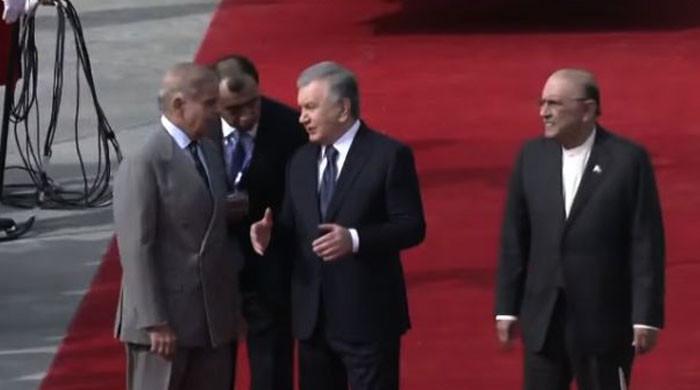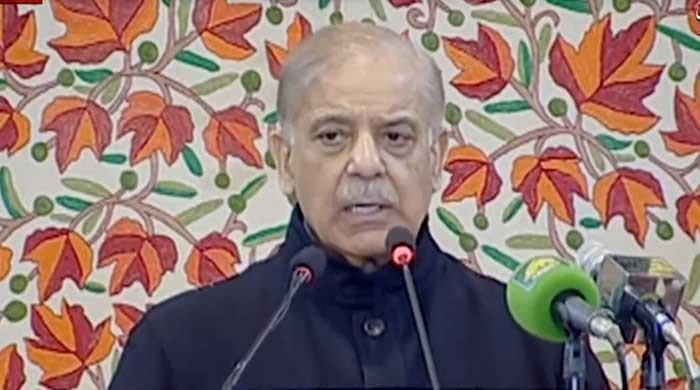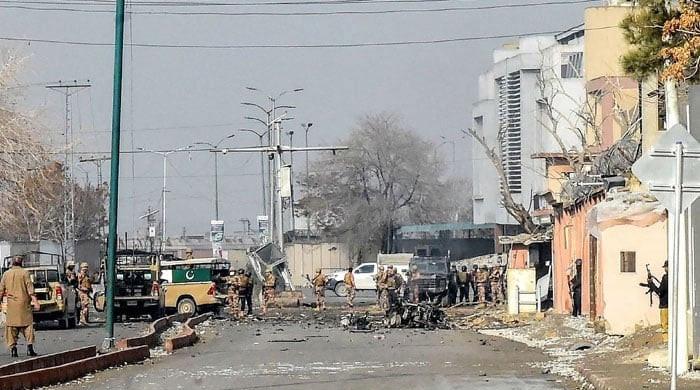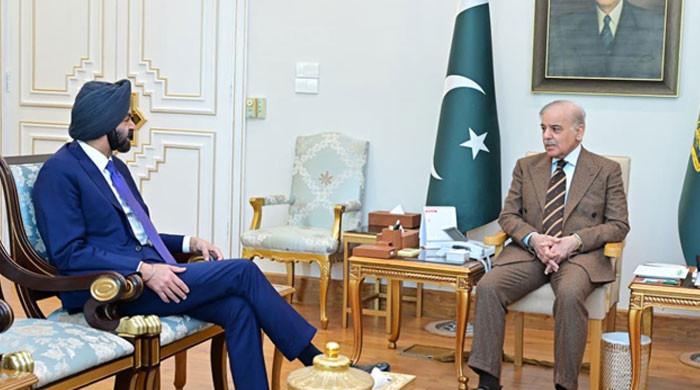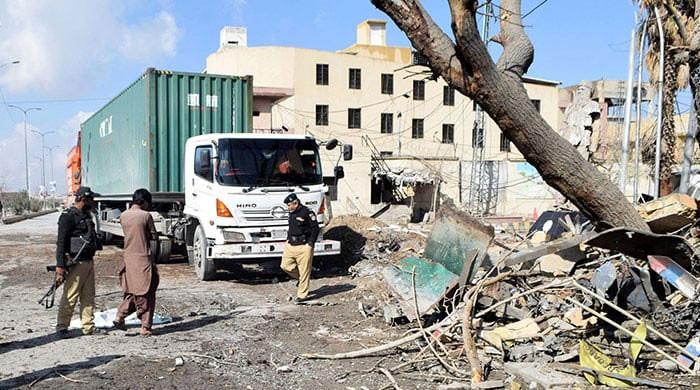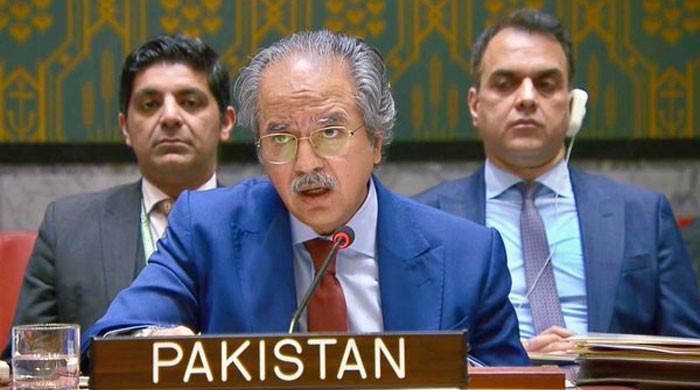Sindh government to distribute 'Benazir Mazdoor Card' this month
Initially, the card will be issued to some 360,000 labourers in the province, says Labour Minister Saeed Ghani
January 17, 2021

- Saeed Ghani explained that the BMC would serve as an ATM, education, and health care for the labourers.
- Initially, the card will be issued to some 360,000 labourers in the province.
- Serving as a pilot project, the BMC card will provide all the basic necessities of life.
KARACHI: The Sindh government will start distributing the Benazir Mazdoor Card (BMC) this month, Sindh Education and Labour Minister Saeed Ghani said on Saturday.
According to the PPP leader, the card is the "first of its kind initiative by any province in the country for the welfare of the labourers".
Addressing a ceremony hosted by North Karachi Association of Trade, Saeed Ghani maintained that just like the launch of Benazir Income Support Programme some years back, the BMC is a groundbreaking project initiated for the welfare of deprived sections of the society.
The minister explained that the BMC would serve as an ATM, education, and health care for the labourers.
How will the mechanism work?
Initially, the card will be issued to some 360,000 labourers in the province duly registered with the Sindh Employees Social Security Institution (SESSI) whose dues were paid by their employers.
In the second and third phases, the BMC would be issued to every labourer in the province, including those who were self-employed or the workers associated with the informal economy.
Serving as a pilot project, the BMC card will provide all the basic necessities of life as per the election manifesto of the PPP.
Read more: Sindh govt to provide 2 million ration bags to underprivileged as province battles COVID-19 outbreak
Ghani also said the labour had become purely a provincial subject following the passage of the 18th Constitutional Amendment, and the control of the labour-related institutions like the Employees' Old-Age Benefits Institution (EOBI) and the Workers' Welfare Fund (WWF) should immediately be transferred to the province.
The Sindh government had constituted committees having representation of labourers and industrialists and employers to resolve issues related to the welfare of the workers, the minister highlighted.
He opined that the labourers, employers and the government were all part of the same system to ensure economic growth, prosperity and progress of the province and that of the country.
Labour laws and Sindh government
"Some of the laws adopted by the Sindh Labour Department were of a pioneering nature as they had not even been introduced by the labour agencies of many countries," he claimed.
The minister further said that law would soon be passed in the province to establish an umbrella institution for all the pro-worker agencies, including SESSI, EOBI and WWF.
"This development is expected to provide some relief for the workers, who have been facing numerous problems with getting their minimum wages and other rights."






